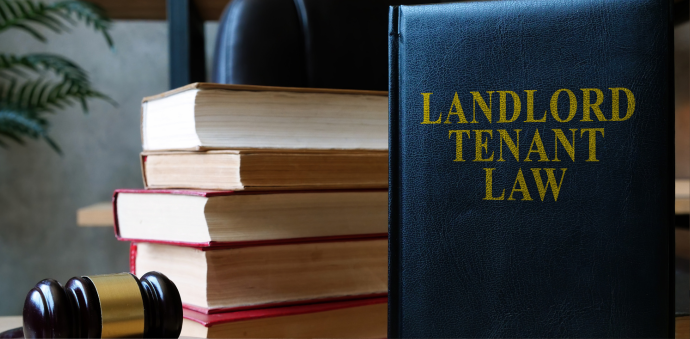
Landlords in North Carolina have a clear legal responsibility to provide tenants with safe, habitable housing by making necessary repairs and maintaining the rental property in compliance with applicable building and health codes. This includes keeping essential systems and facilities in good working order, such as plumbing, heating, electrical, ventilation, and sanitation, as well as maintaining appliances the landlord has provided like refrigerators and stoves.
Specifically, landlords must ensure:
Tenants are typically responsible only for damages they personally cause, and minor repairs may fall to them if agreed upon, but the landlord cannot refuse to repair issues that affect habitability or tenant health and safety.
To trigger landlord responsibilities, tenants generally must give notice of needed repairs, preferably in writing, especially for issues affecting utilities or appliances. The landlord then has a “reasonable time” to complete repairs, with what is reasonable depending on the nature and severity of the problem. Emergencies warrant immediate action.
If a landlord refuses or neglects to make required repairs after proper notice, tenants in North Carolina may:
Tenants are not allowed to withhold rent unilaterally or arrange repairs themselves and deduct costs from rent without a court order. Legal advice is recommended to navigate the process safely and protect tenants from eviction or liability.
If you face repair issues with your landlord, document all communications and conditions carefully and consider seeking expert guidance.
If your landlord is not making necessary repairs, contact us for a free consultation. We can help you understand your rights, communicate effectively with your landlord, and explore legal remedies to ensure your home is safe and livable.